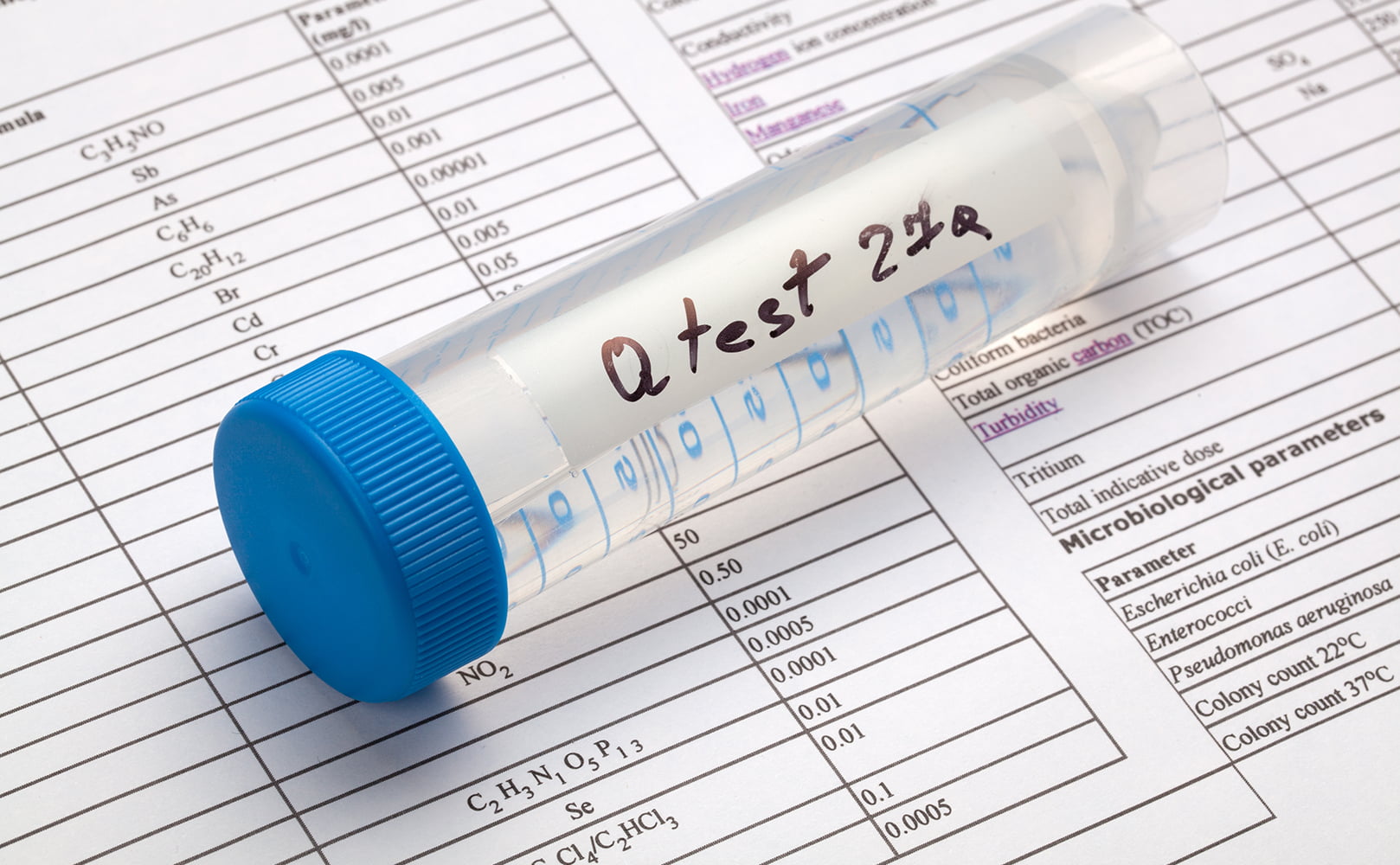RO Water Tastes Musty?! Here Is What You Need to Know
Written by: Alexandra Uta // Last Updated: Aug 21, 2023
This page may contain affiliate links. If you buy a product or service through such a link we earn a commission at no extra cost to you. Learn more.
Troubleshooting a reverse osmosis system that produces water with an unusual taste or smell can be a bit tricky, but it’s certainly possible.
One of the most important issues to sort out is identifying the smell in the first place – this will help you narrow down the possible causes.
If you’re dealing with reverse osmosis water that tastes musty, read on.
Key Takeaways
- If your reverse osmosis water tastes musty, you most likely need to replace your filters or clean and sanitize the system. Also try draining the storage tank once or twice.
- Obtaining your water from certain sources like still reservoirs can also contribute to the problem. When in doubt, have your water tested in a laboratory.
Why Does My RO Water Taste Musty? + Fixes
Musty-tasting reverse osmosis water can usually be traced to stagnant water or filters that need replacement.
If you’re sourcing your water from a large open reservoir, there is a higher likelihood of it developing a musty taste or smell, even if you’re running it through a comprehensive reverse osmosis system with multiple pre and post-filters.
Old Filters – Replace
Start by checking your filters. This includes both the reverse osmosis membrane itself, as well as any pre and post-filters you might be using. You need to make sure to regularly replace every filter used in your reverse osmosis system to maintain its performance at an optimal level.
Check the manufacturer’s guidelines for each filter to find out the optimal replacement schedule. Normally, you can expect to replace your reverse osmosis membrane once every couple of years or so, while some pre and post-filters need to be replaced more often, down to every 6 months in some cases.
Biofilm Has Accumulated in Your Reverse Osmosis System – Clean and Sanitize
Next, check to see if your reverse osmosis system has accumulated a layer of biofilm. This usually happens right on the membrane itself, meaning that you’ll have to take it out for a closer inspection. If you live in an area prone to these kinds of build-ups, you might need to replace your membrane more often than normal.
Also check your other filter stages and their housings in particular.
The RO storage tank may also be the culprit. Unfortunately, you cannot check its insides, so sanitizing your entire reverse osmosis system is the only option here:
- Start by turning off the water supply.
- Open the RO faucet to depressurize and drain all water.
- Remove all filter elements.
- Clean each filter housing with dishwater.
- Add bleach into the first filter housing.
- Install all empty housings.
- Open the water supply.
- Open the RO faucet until water comes out.
- Allow the storage tank to fill.
- Let the bleach sanitize your RO system for at least 30 minutes to a couple of hours.
- Flush until any bleach scent has vanished.
- Turn off the water supply.
- Depressurize.
- Install new filters and membrane.
- Turn on the water supply.
- Flush while checking for leaks.
Stagnant Water – Drain
If your filtered water has been sitting in the storage tank for too long, it can develop a stale, musty taste. The only solution to that is to drain the tank and refill it.
If that happens often, you might want to think about the size of your storage tank. This should normally be adjusted according to your water consumption habits. Larger households with lots of active water drinkers require a correspondingly large storage tank, for example. But the same tank can be excessive for a single-person household.
Test Your Water Quality
If all else fails, you should have your water quality professionally tested. We recommend going with a proper laboratory analysis in this case, instead of relying on DIY test kits that can be bought at the store. This is the only way to see the full picture and get a complete overview of all contaminants present in your water supply, as well as their concentrations.
The process is simple – you just need to contact a laboratory and set up an appointment, take a sample of your water, and send it to them. In a few days or weeks, you’ll have the results in your hands.
Is It Safe to Drink RO Water That Tastes Musty?
While a musty taste in reverse osmosis water is a general cause for concern, as it indicates that the system isn’t working properly, it’s not always a sign that you should stop drinking that water altogether. It all depends on the root cause of the problem. If it turns out that your water’s musty taste is due to germs, you should approach the situation with extra caution, and perhaps consult a physician before drinking it.
What Should Reverse Osmosis Water Taste Like?
Ideally, reverse osmosis water should have no taste or smell. That’s because it lacks the various impurities which normally contribute to these factors. For some people, this is actually not a positive factor. Some are used to their water having a certain taste to it, and they might report that reverse osmosis water tastes flat.
If you have any questions about RO water tasting musty please don’t hesitate to leave a comment below!
Information provided on BOS is for educational purposes only. The products and services we review may not be right for your individual circumstances.
We adhere to strict editorial guidelines. Rest assured, the opinions expressed have not been provided, reviewed, or otherwise endorsed by our partners – they are unbiased, independent, and the author’s alone. Our licensed experts fact-check all content for accuracy. It is accurate as of the date posted and to the best of our knowledge.



